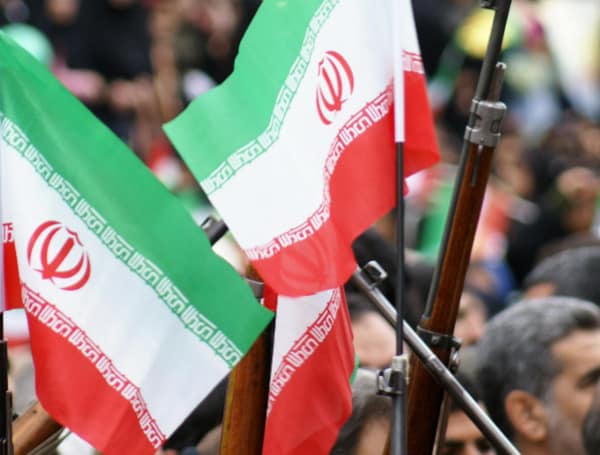Iran is ramping up the rate at which it enriches uranium several months after receiving a $6 billion transfer from the Biden administration, according to the International Atomic Energy Agency.
Iran had slowed down its uranium enrichment program in June, a move that diplomats believe was related to negotiations with the Biden administration that ultimately led to the unfreezing of $6 billion in oil assets to Tehran, Reuters reported.
Iran is now reversing the slowdown and has begun ramping up its uranium enrichment process once again, the IAEA said in a new confidential report this week, according to Reuters.
Read: Harvard Faculty Pressure Board Members To Resign Over Presidential Plagiarism Scandal
Since June, Iran had been enriching uranium at a rate of roughly 3 kg a month, but as of November that number had tripled, according to the IAEA’s report viewed by Reuters.
“[Iran has] increased its production of highly enriched uranium, reversing a previous output reduction from mid-2023,” the IAEA said in a statement as part of the report viewed by Reuters. “The Agency confirms that, since the end of November 2023, the rate at which Iran has been producing uranium enriched up to 60% U-235 at these two facilities combined has increased to approximately 9 kg per month.”
Iran has now enriched enough uranium up to 60% to develop three nuclear bombs and could develop more at lower enrichment levels, according to the IAEA report seen by Reuters.
Approximately 90% uranium enrichment is considered weapons-grade.
Read: Colorado Gov’s ‘Feliz Navidad’ Performance Sparks Backlash Amid Migrant Crisis
Iran is conducting this enrichment process at its Pilot Fuel Enrichment Plant in Natanz and its Fordow Fuel Enrichment plant located inside a mountain near the Natanz region, according to the report seen by Reuters. Iran continues to publicly deny that it is developing nuclear weapons.
The initial slowdown was suspected to be the result of discussions between the Biden administration and Tehran earlier in the year that ultimately led to the release of $6 billion in previously frozen oil assets and the release of five Iranian nationals, in exchange for five American prisoners. Critics said the deal was in essence a “ransom” payment that would only embolden Iran to act more aggressively toward the United States.
The White House and Pentagon did not immediately respond to a request for comment.
Android Users, Click To Download The Free Press App And Never Miss A Story. Follow Us On Facebook and Twitter. Sign up for our free newsletter.
We can’t do this without your help. Visit our GiveSendGo page and donate any dollar amount; every penny helps.

